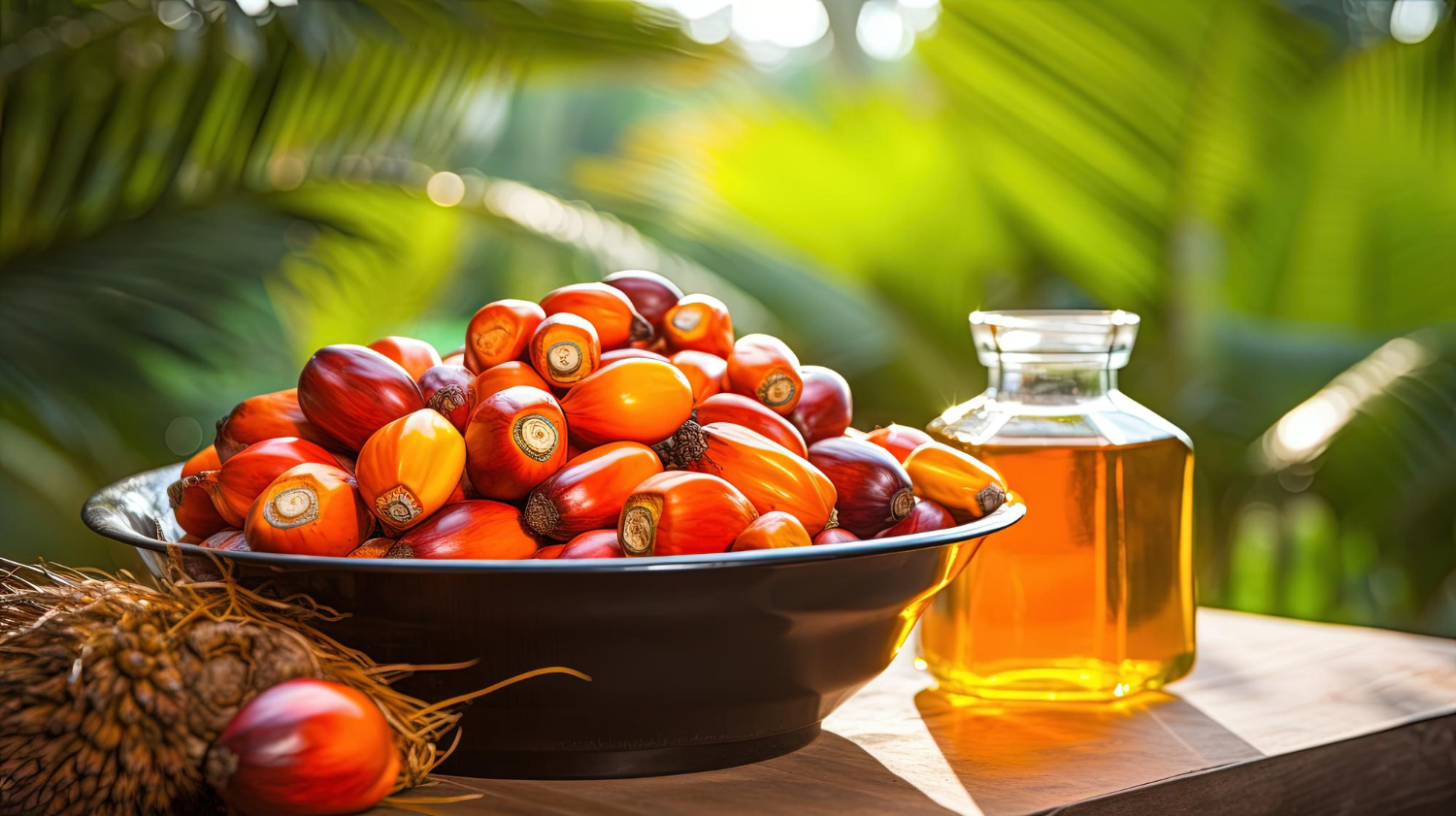RBD Palm Olein: Unlocking the Full Potential of Palm Oil Derivatives
RBD Palm Olein is one of the most widely consumed edible oils globally, and its influence spans multiple industries. As a derivative of crude palm oil, RBD Palm Olein undergoes refining, bleaching, and deodorization (RBD) to become a clear, golden-yellow liquid at room temperature, highly stable for deep-frying and suitable for a wide array of food products.
RBD Palm Olein is especially popular in regions like Southeast Asia, Africa, and the Middle East due to its affordability and high smoke point. Because of its resistance to oxidation and rancidity, RBD Palm Olein is favored by food processors and home users alike.
What is RBD Palm Olein and Why is it Essential?
RBD Palm Olein is the liquid fraction obtained from fractionating RBD Palm Oil. This process enhances its clarity and flow properties, making RBD Palm Olein ideal for cooking and frying. It remains liquid in warmer climates, which makes it perfect for tropical countries.
RBD Palm Olein is essential because it:
- Has a neutral flavor, making it suitable for all types of cuisines
- Contains balanced fatty acids and Vitamin E
- Is highly resistant to oxidation
- Supports longer shelf-life for fried foods
The production of RBD Palm Olein is a major part of palm oil refining, especially in countries like Indonesia and Malaysia, which together contribute over 85% of the world’s palm oil exports.
Applications of RBD Palm Olein in the Food Industry
RBD Palm Olein is a cornerstone ingredient in processed and packaged food products. It is widely used in both large-scale manufacturing and household kitchens due to its cost-effectiveness and performance during high-heat cooking.
RBD Palm Olein is used for:
- Deep-frying snacks, chips, and instant noodles
- Margarine and shortening production
- Bakery goods such as cakes and pastries
- Canned and frozen food processing
Many multinational food corporations rely on RBD Palm Olein for its consistency and frying stability. A study by MPOC (Malaysian Palm Oil Council) showed that snacks fried in RBD Palm Olein retained crispiness longer and absorbed less oil compared to sunflower oil.
Industrial Uses of RBD Palm Olein Beyond Cooking
Though primarily consumed in food, RBD Palm Olein also has industrial applications. Its chemical stability and long shelf life make it a valuable raw material in non-food products.
RBD Palm Olein is used in:
- Soap and detergent manufacturing
- Cosmetic and skincare formulations
- Biodiesel feedstock
- Lubricants and greases
Its versatility has helped expand the global export market for RBD Palm Olein. For instance, India remains the largest importer of RBD Palm Olein for both food and non-food sectors, with over 4 million metric tons imported in 2023.
Health and Nutritional Aspects of RBD Palm Olein
RBD Palm Olein, like all vegetable oils, contains fats. However, it offers certain health advantages when used appropriately. It contains natural antioxidants such as tocotrienols and tocopherols (forms of Vitamin E), which play a role in cellular health.
Nutritional benefits of RBD Palm Olein include:
- Rich in beta-carotene and Vitamin A precursors
- Contains 50% saturated, 40% monounsaturated, and 10% polyunsaturated fats
- Free from trans fats when unhydrogenated
- Enhances absorption of fat-soluble vitamins
According to research by the Journal of Oil Palm Research, moderate consumption of RBD Palm Olein as part of a balanced diet does not negatively affect cholesterol levels when compared with other commonly used vegetable oils.
Economic Importance of RBD Palm Olein in Global Trade
RBD Palm Olein is a leading export product for palm oil-producing countries. It accounts for a major share of the palm oil value chain. Its cost-effective production and stable pricing make it a strategic commodity in international trade.
Key economic factors surrounding RBD Palm Olein include:
- Competitive price compared to soybean or canola oil
- Supports the GDP of exporting countries
- Provides income for millions of smallholder farmers
- Drives port, storage, and shipping industries
In 2022, Indonesia exported over 8 million tons of RBD Palm Olein, generating billions in revenue. Its export duty and levy system are part of the government’s economic stabilization strategy.
Sustainability Challenges and Solutions in RBD Palm Olein Production
Although RBD Palm Olein is a valuable commodity, its production has been criticized due to environmental concerns such as deforestation and biodiversity loss. However, sustainable practices and certifications are improving the industry’s environmental footprint.
Initiatives to make RBD Palm Olein more sustainable include:
- RSPO (Roundtable on Sustainable Palm Oil) certification
- Zero-deforestation commitments by producers
- Satellite monitoring of plantations
- Community engagement programs for local farmers
For example, Unilever and Wilmar have committed to sourcing 100% of their RBD Palm Olein from sustainable sources by 2025. These efforts ensure that economic benefits do not come at the expense of the environment.
Case Study: RBD Palm Olein in Nigeria’s Food Sector
Nigeria, Africa’s largest importer of palm oil, has experienced rapid growth in demand for RBD Palm Olein. Local processors now blend it into cooking oil brands commonly found in Nigerian markets.
A report by PwC Nigeria indicated that the country’s demand for RBD Palm Olein surpassed 1.2 million metric tons in 2023. Government incentives for palm plantation expansion and refinery investments are helping Nigeria reduce reliance on imports.
This case study illustrates how RBD Palm Olein supports food security and industry development in emerging economies.
Challenges Facing the RBD Palm Olein Industry
Despite its popularity, the RBD Palm Olein industry is not without its difficulties. These challenges can affect supply chains, pricing, and consumer perception.
Common challenges include:
- Fluctuating crude palm oil prices
- Trade restrictions and import duties
- Misinformation about health effects
- Sustainability and environmental pressure
To address these, stakeholders must prioritize transparency, innovation in sustainable farming, and consumer education about RBD Palm Olein’s benefits.
Global Outlook for RBD Palm Olein
With global population growth and rising demand for affordable edible oils, RBD Palm Olein is expected to remain a dominant force in the food industry. Its stability, affordability, and versatility make it the oil of choice for both developing and developed nations.
Emerging trends to watch in RBD Palm Olein include:
- Fortified RBD Palm Olein with added micronutrients
- Blockchain-based supply chain tracking
- Greater emphasis on certified sustainable sources
- Expansion into new African and Latin American markets
As long as demand for safe and economical oils persists, RBD Palm Olein will continue to serve as a vital product in kitchens and industries worldwide.


One response to “RBD Palm Olein: The Versatile Edible Oil Driving Global Food and Industrial Sectors”
Hi, this is a comment.
To get started with moderating, editing, and deleting comments, please visit the Comments screen in the dashboard.
Commenter avatars come from Gravatar.